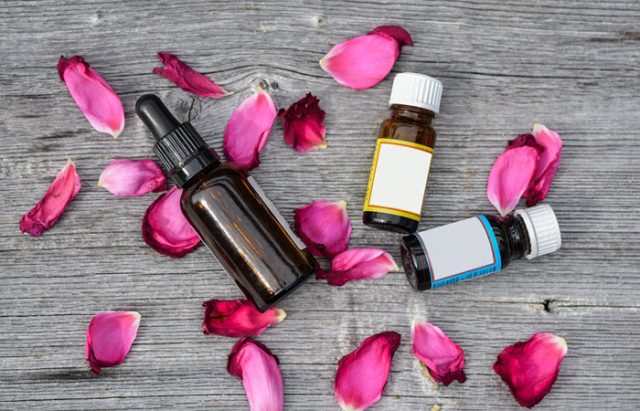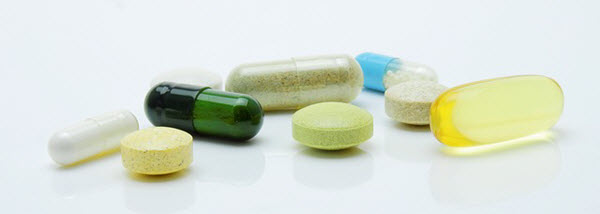Is It Possible To Find High Quality CBD?
By Brian Wallace
April 17, 2019 • Fact checked by Dumb Little Man

CBD, shorthand for cannabidiol, is one of the fastest growing yet most misunderstood cannabis products. Largely unregulated by the FDA and derived from a substance which has been federally illegal for decades, this compound has medicinal effects often denied by big Pharma.
It’s no wonder there are massive amounts of misinformation and blatant lies surrounding CBD. Plus, there's a near complete lack of scientific research into it.
Today, 69% of all “CBD” products aren’t labeled correctly. Amidst the sea of mislabeled products, hidden THC content, and flat out fakes, how does one find high-quality CBD?
Look For Availability, Gauge Your Own Needs

When considering CBD, the first step is to know thyself, so to speak.
What exactly will you take it for? What methods of dosage are you comfortable with or will be effective? And how important is the source of extraction? Should it come from hemp or marijuana?
The decision to use marijuana-derived may come down to a state law level and availability. Cannabidiol is a natural extract from naturally occurring cannabis plants. This includes both hemp and marijuana.
Though the CBD extracted from each source is comparable, there are some important differences in legal and usage levels. Hemp is classified as cannabis strains with less than 0.3% THC content. This constitutes legal levels of THC within federally legal CBD products.
On Different CBD Products
Hemp-derived CBD is legal in all 50 states to sell, buy, possess, and consume with no prescription required. However, states and localities may have differing laws on the books.
Marijuana-derived CBD is extracted from cannabis strains with higher than the federally legal amount of THC. It is only legal in selected states and may or may not require an accompanying prescription.
CBD isolate is CBD crystals that are 99% pure and THC-free, but may not offer the same relief and effects as full spectrum. Full spectrum CBD includes additional cannabinoids, may contain traces of THC and has been shown to be more effective than CBD isolate at treating inflammation and pain in mice.
CBD products come in many different forms. The first fork in the road is fast-acting or long-lasting.
For headaches or insomnia, rapid relief from fast-acting effects is a good choice. While for chronic pain, inflammation or arthritis, long-term effects may provide the best course of action.
Oil concentrates applied orally via a tincture or liquid vaping from pen or e-cigarette are among the most popular and effective means for rapid relief needs. Gel caps, infused edibles such as CBD gummies, and even skin patches that slowly release CBD through the skin are favored by those seeking steady, long-term effects.
Targeted treatments for specific pain respond to CBD lotions and salves. They also work best for skin conditions and localized pain.
Meanwhile, vaping is the most popular method of dosing CBD but among the less discreet options. Oils and sublingual tinctures are more portable and often just as effective. Treatment needs aside, it’s often a personal preference that helps guide product selection.
Lack of Oversight Means Nearly Anything Goes

Without the FDA labeling safeguards, content regulations, and legal uncertainty, it’s up to the manufacturers to keep their own products in check. Nonetheless, it's still the consumer’s responsibility to make informed choices.
But how?
If this were any other variety of vitamins, supplements, prescription medication or even over-the-counter drug, it would be simple to visit the corner store and pick up something that was as labeled. Unfortunately, that isn’t the case with CBD.
Without the watchful eye of the FDA, industry standards are not subject to the strict rules of government agency beyond legal levels of THC. It’s this confusion that is passed on directly to the consumer and it’s the consumer’s job to find a manufacturer and retailer they can trust.
Again, nearly 70% of CBD products are mislabeled and this could mean anything from misprints to unlabeled contaminants. Fortunately, many reputable manufacturers of oral CBD products choose to follow the FDA guidelines for supplements and vitamins, much to the benefit of consumers.
However, there are still some best practices to keep in mind when browsing products:
- How long will it last? Identify servings per container, packing and storage instruction, and expiration date of products.
- How strong is it? Products should indicate exact CBD content, dosage, and serving size.
- What does it come with? Terpenes, like other natural plant extracts, may add aroma, sweeteners may enhance flavoring, and carrier oils for tinctures should be food-grade.
See Also: How CBD Has Improved the Medical Industry
Just last year, the 2018 Farm Bill legalized the cultivation of hemp and its cannabinoids for CBD products and manufacturing. But it’s still up to the consumer to stay informed, know the difference, and find quality products on their own. Here’s where to begin.

Brian Wallace
Brian Wallace is the Founder and President of NowSourcing, an industry leading infographic design agency based in Louisville, KY and Cincinnati, OH which works with companies that range from startups to Fortune 500s. Brian also runs #LinkedInLocal events nationwide, and hosts the Next Action Podcast. Brian has been named a Google Small Business Advisor for 2016-present and joined the SXSW Advisory Board in 2019.

